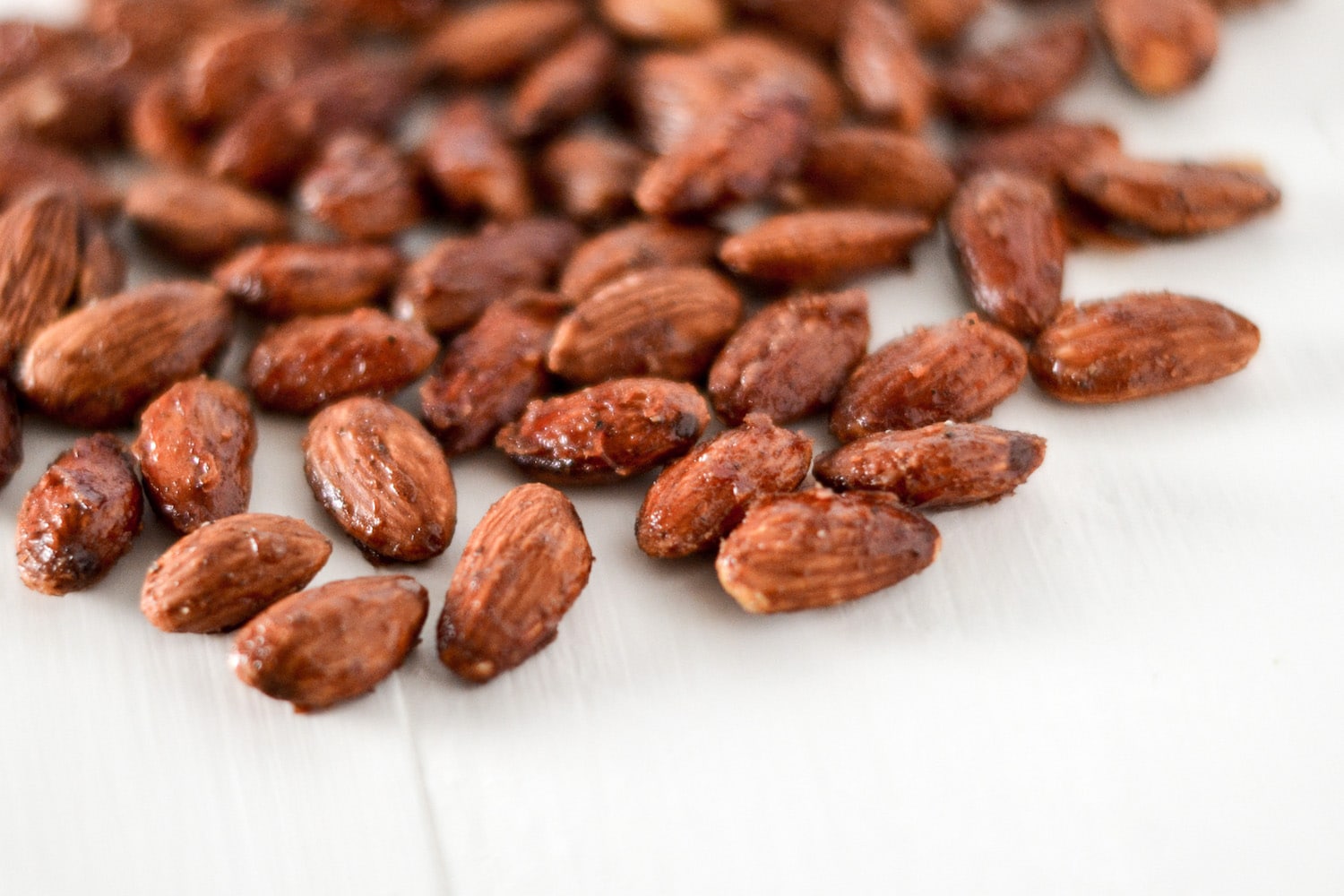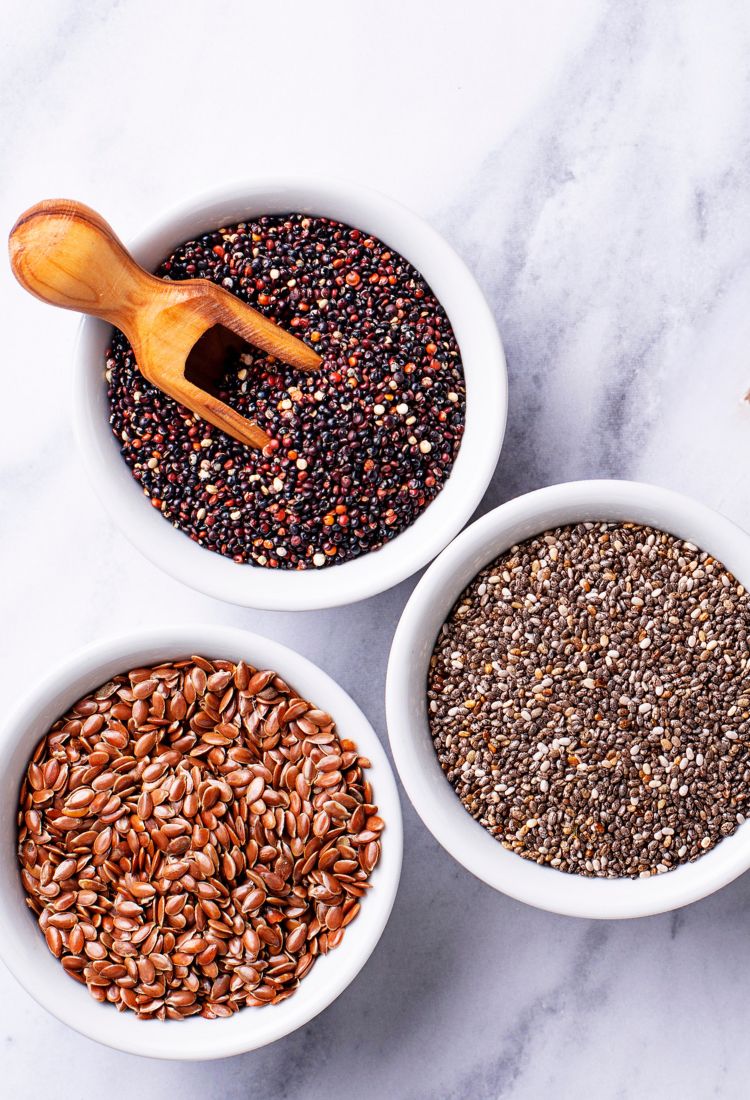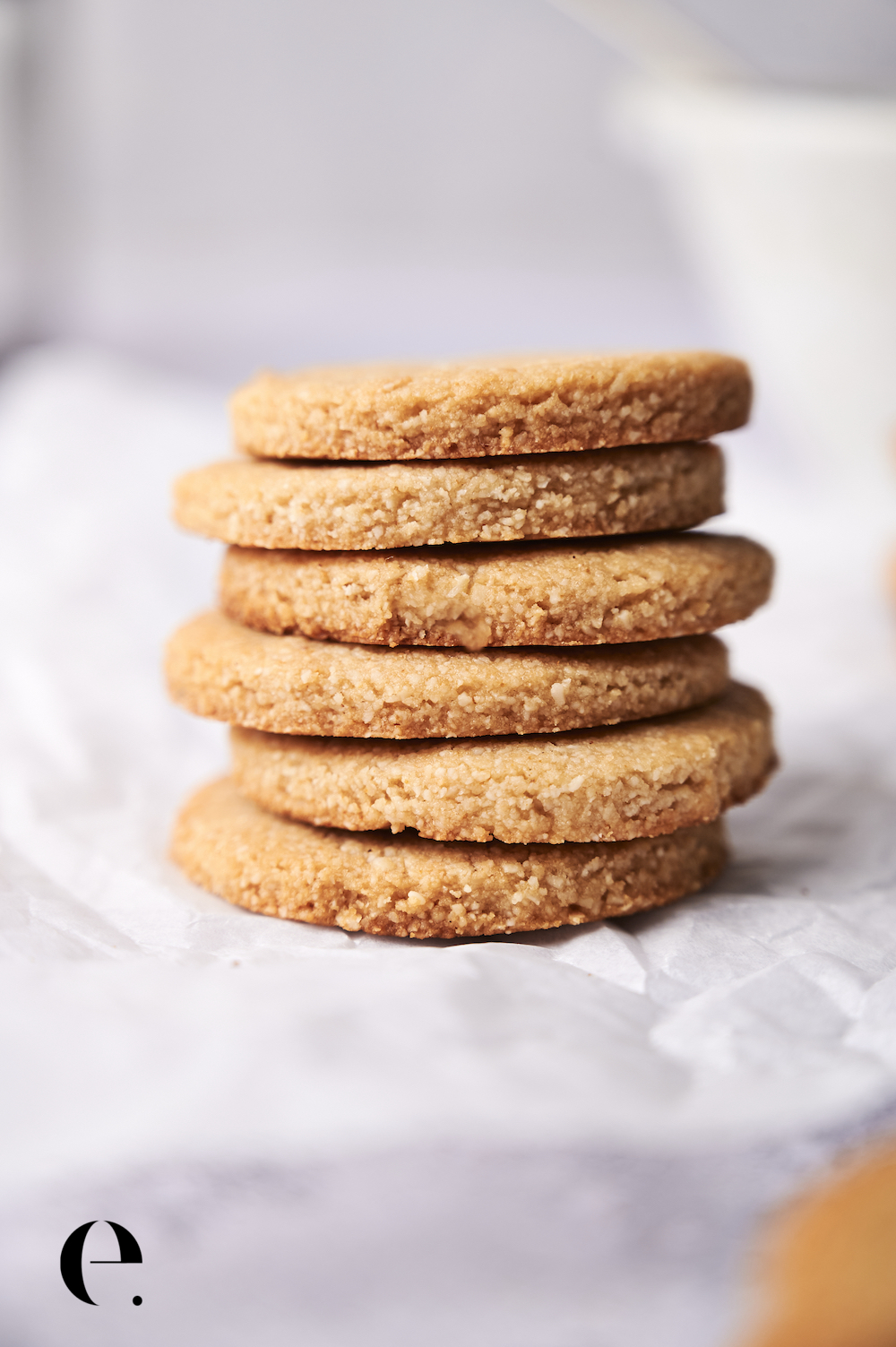
When you start to take a look at honey’s wide range of potential health and beauty benefits, it’s no surprise that it’s been called the “nectar of the gods.”
Research shows that honey creates anti-inflammatory, antioxidant, and even anticancer effects. It has been used with success topically as a wound treatment and internally it has shown benefits for heart, brain, and digestive health (and the list goes on!).
You just remembered you may have some old honey somewhere in your pantry, right? So the question is…
Does honey go bad or expire? Properly sealed honey almost never goes bad or expires, but can spoil if not tightly sealed or if water gets in the container. According to the National Honey Board, “Honey stored in sealed containers can remain stable for decades and even centuries!”
Honey’s insanely lengthy shelf life can be credited to its quite divine chemical makeup (including hydrogen peroxide!). Archaeologists have uncovered pots of honey almost 3,000 years old while excavating ancient Egyptian tombs. And guess what… It was still good enough to eat!
What is honey?
Honey is a sweet, thick, syrup liquid that bees create from plant nectar. Bees store this golden goodness in honeycombs within their hives. Honey is then harvested from these hives by beekeepers.
I picked raw honey as one of the best natural sweeteners for good reason. Honey is such a versatile natural sweetener that you can use in place of sugar in everything from tea and coffee to homemade cookies or salad dressing.
It’s a perfect ingredient to balance out a homemade dressing like my Sweet Italian Red Wine Vinaigrette Recipe.
There are many different types of honey. The flavor and color of honey depend upon what flower or plant the nectar is collected from by the bees.
Some common varieties of honey include orange blossom, clover, alfalfa, and buckwheat. And yes, these names are telling you the honey’s plant origin! While orange blossom honey is lighter in color and floral in taste, buckwheat honey is much darker and has a molasses-like flavor.
Raw honey is the least processed and the least heated honey, which means it has the highest nutrition value. One of the most medicinal kinds of honey is raw Manuka honey, which comes from the manuka bush found in New Zealand or Australia.
Not only can it be used internally, but it’s also an incredible natural beauty treatment when applied to the skin.
Curious? Check out my Manuka Honey Face Mask.
Why Honey Doesn’t (Usually) Go Bad
Honey’s pH level is very high (acidic).
Honey has an average pH of around 3.9, which is quite acidic. This acidic environment prevents microorganisms or bacteria from thriving in honey and causing spoilage.
Bees produce bacteria-suppressing enzymes.
Honey naturally contains an enzyme called glucose oxidase, which breaks down the sugars found in honey and creates hydrogen peroxide. Yes, that’s right—the household go-to for bacteria-killing is naturally found in honey. Pretty cool!
Something to keep in mind: Research demonstrates that microwaving honey can inactivate glucose oxidase and destroy its antibacterial qualities.
Honey has a high sugar content with very little moisture.
As a natural sweetener, it’s probably not surprising that honey is about 80% sugar with typically no more than 18% water. This low moisture content helps to decrease the likelihood of unwanted microbes successfully surviving in it.
Ways Honey Can (Rarely) Go Bad
Honey can become contaminated by bacteria or other toxins.
Can honey go bad and make you sick? It is possible, but rare, for poorly stored honey to go bad and make you sick. Spoiled honey can contain yeasts and spore-producing bacteria.
It is recommended that children under one year old not consume honey due to the possible presence of a neurotoxin called C. botulinum. This neurotoxin is known to be present in very minuscule amounts in some kinds of honey.
While this may not cause any negative effects to an adult, for a child under one, this may lead to infant botulism.
If it’s not stored with a tight seal, honey may degrade.
Honey should be stored at room temperature with the lid tightly sealed.
If the lid isn’t on tight, or it’s left open completely, this can easily lead to an increase in honey’s naturally low water content. If even a little water gets into the honey, fermentation and the growth of harmful bacteria become more likely.
Plus, if a container of honey is open, anything from its surroundings may end up inside of it, which is clearly not a good thing!
Does honey need to be refrigerated? No, honey does not require refrigeration and should be stored at room temperature.
Improperly harvested honey may ferment.
Similar to many other foods, the more honey is heated and processed, the lower its nutritional value. Heating can also destroy some of the valuable enzymes and preservatives naturally found in honey.
If you’re a beekeeper or know someone who is, then you’re probably already familiar with there being a right and wrong time to harvest honey.
If honey is harvested too early, its water content may be too high and result in “green” honey that easily ferments, has an off taste, and even contains high levels of dead yeast.
Honey is often adulterated (aka highly-processed).
Unfortunately, there is another potential problem with honey—adulteration, or the addition of unnecessary ingredients to “stretch” the pure product into larger quantities.
Honey is known to sometimes be watered down with things like corn syrup or sugar cane.
Commercial honey is the third most adulterated food product in the world. This recent research revealed that out of 118 commercial honey samples, an alarming 27% were of “questionable authenticity.”
According to the FDA, in the United States, if a food consists of honey and a sweetener, such as sugar or corn syrup, it can not be labeled as honey.
Unfortunately, it seems some “honey” sellers are not playing by the rules. Thankfully, they have been getting caught and there has been more of a crackdown on making sure honey is really honey!
If honey crystallizes, more water may lead to fermentation.
If your honey begins to harden or crystalize, you may be tempted to add some hot water to it, but don’t! Adding water to honey can easily lead to fermentation and spoiled honey.
Don’t worry—I tell you the easy way to revive crystalized honey below!
How to Tell if Honey Has Gone Bad
A jar of honey has a long shelf life well past any expiration date it may have. However, spoiling is possible if it’s not stored properly or is contaminated with another substance.
If your honey doesn’t taste like honey or it has an odd odor, then it likely has some spoiling going on and should be thrown away.
Can you revive hardened honey?
While honey may not go bad, it can change its appearance and texture.
Honey becoming hard, crystallized, or clumpy doesn’t necessarily mean it has gone bad and you can still use it as is.
If you’d rather get it back to its original texture, a honey revival is easily possible!
To bring hardened honey back to life and get rid of any crystallization:
- Put your honey in a glass jar (if it isn’t already in a glass container).
- Place the jarred honey in a pot of warm water over low heat.
- Make sure the water line is not above or too close to the lid to avoid getting water in the honey.
- Stir the honey until all of the crystallization is gone. Be careful not to overheat the honey, as you don’t want to degrade the honey’s inherent goodness.
- Store your revived honey in an airtight, glass container in your pantry between each use.
If the crystals return, repeat this process again.
How to Make Your Honey Last Forever
How long can you keep honey? If it’s stored well, you can keep honey indefinitely, and that’s even if it was previously opened!
Store your honey in a cool location away from heat and sunlight. Look for honey that comes in a glass jar with an air-tight lid, which is the most ideal combination for honey storage.
Does honey go bad in plastic containers? Honey doesn’t necessarily go bad in plastic containers, but it’s not the most ideal way to store honey. Some containers made of plastics may contain chemicals that can leach into your honey.
Do not store honey in metal containers—this can result in oxidation.
One last honey tip: try to find a local beekeeper to source fresh, pure honey from your neck of the woods. You’ll probably not have that natural goodness sitting around for too long, but store it right and you can still be enjoying it decades from now!
[WPSM_AC id=18524]










Leave A Review + Read The Comments →